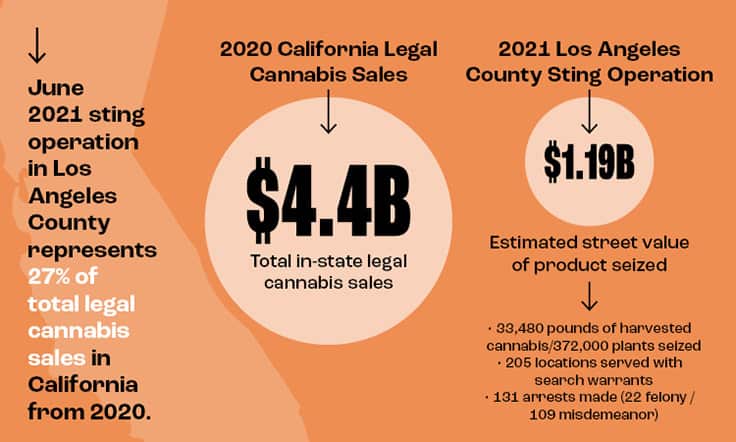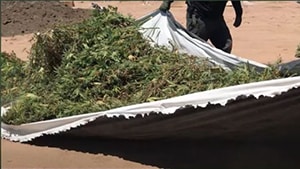2021 Cannabis Extraction Virtual Conference
Click here to watch the recording
 Agenda
Agenda
Hazards and Controls of Extraction with Liquified Petroleum Gases (LPG)
- Alex Hearding, Chief Risk Management Officer, NCRMA
This presentation delves into how to identify the common hazards of extracting with LPG (butane and propane), understanding the where to find guidelines and standards for safe extraction practices and an introduction to best practices for: selecting equipment, extraction room construction, and filling LPG extraction equipment.
TechTalk: Environmental Monitoring in Cannabis Production and Processing
- Tim Cser, Senior Technology Specialist, MilliporeSigma
Slow is Smooth & Smooth is Fast! Understanding the Kinetics & Thermodynamics of Cannabis Extraction
- Dr. Markus Roggen, Founder & CEO, Complex Biotech Discovery Ventures (CBDV)
In this session, Dr. Roggen discusses how his lab undertook extensive experimental studies on the extraction behavior of various solvents. They analyzed thousands of real-world extractions, from various producers and for different instruments to build a machine learning algorithm that can optimize extraction processes autonomously.
TechTalk: A New Tool for Operational Compliance in the Cannabis Industry
- Tony Martinez, Senior Vice President & General Manager, AuditPro
The Quest to Discover the Limits of CO2 Extraction
- Jeremy Diehl, Co-Founder & CTO, Green Mill Supercritical
Learn why cannabis and hemp extraction is as much art as science, and how modifying and manipulating extraction methodologies and conditions can result in more refined products and significant cost savings.
TechTalk: Breaking the Limits with Solvent Recovery
- Jürgen Heyder, Business Development Manager for Rotary Evaporation, Heidolph Instruments
The Future of Cannabis Concentrates: Developments in Hydrocarbon Extraction & Manufacturing
- Michelle Sprawls, Laboratory Director, CULTA
Learn what closed loop hydrocarbon extraction is, what products you can make with this type of extraction method and what the advancements are for manufacturing and new techniques
Process Scale UP in the Cannabis/Hemp Industry
- Darwin Millard, Committee Vice Chair, ASTM International
Darwin Millard provides real-world examples of the consequences of improper process scale up and the significance of equipment specifications, certifications and inspections, and the importance of vendor qualifications and the true cost of improper design specifications.















